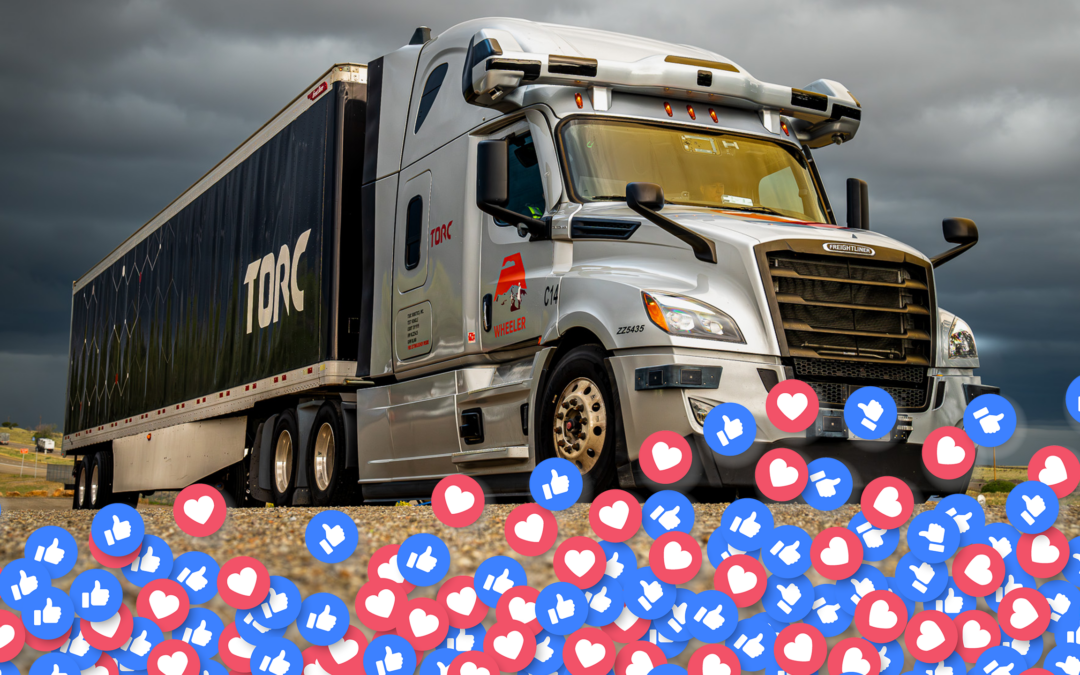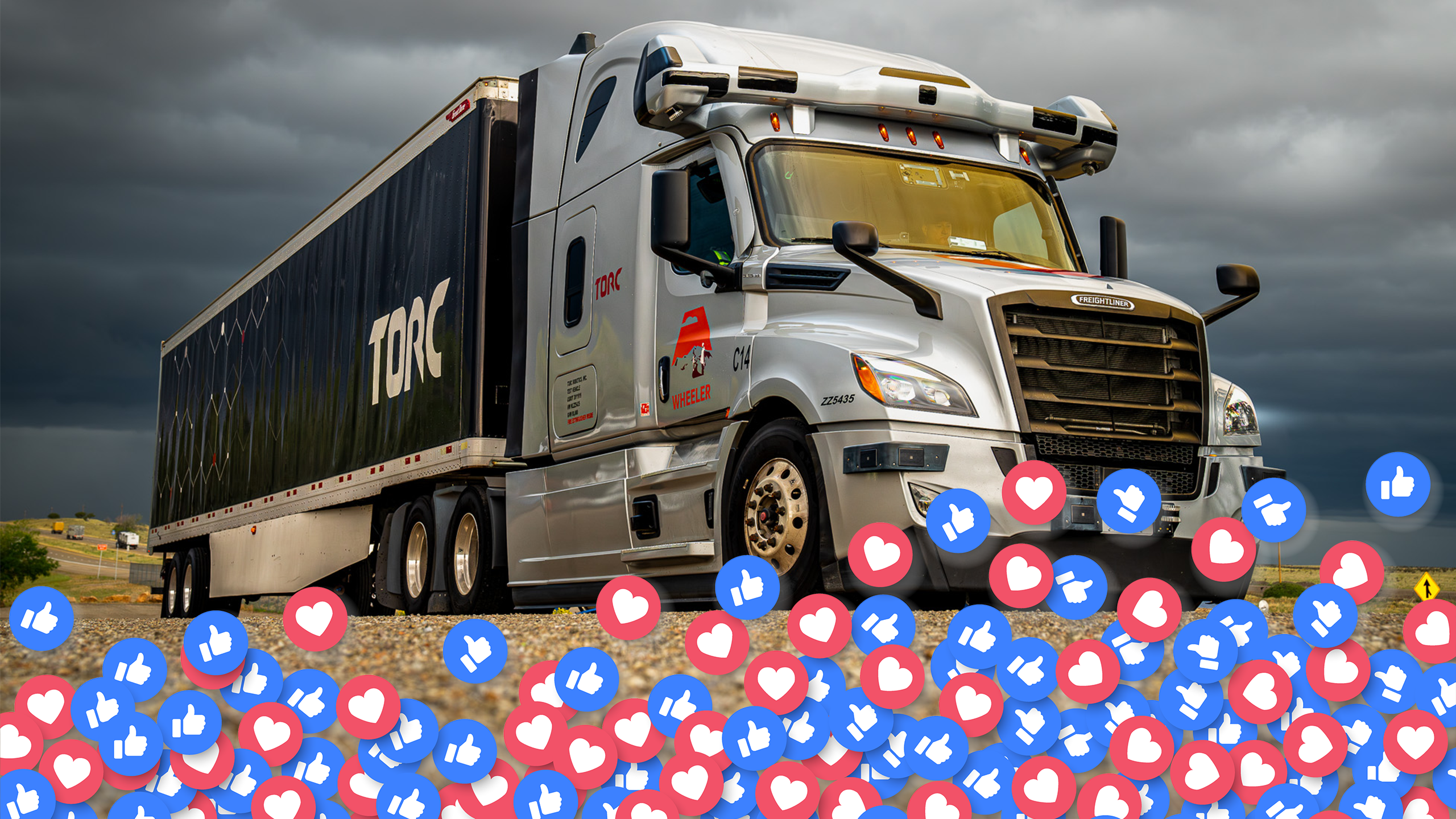
Torc Robotics Recognized as a Finalist in PR Daily’s Social Media & Digital Awards
by Torc | Jun 4, 2024 | Featured, Press Release

BLACKSBURG, Va. – June 4, 2024 – Torc Robotics is thrilled to announce it’s been recognized as a finalist in the Brand Awareness and Grand Prize category of Team of the Year by PR Daily’s 2024 Social Media & Digital Awards for its brand communications efforts and achievements on social media in 2023. PR Daily’s Social Media & Digital Awards celebrates and recognizes the best digital communications and social media campaigns, content, projects and teams from the past year.
“Congratulations to Torc Robotics,” said Brendan Gannon, Senior Marketing Manager for Ragan’s, and PR Daily’s Awards programs. “The recognition is a testament to the hard work and innovation that you have poured into this work on behalf of your organization.”
Torc Robotics will be honored with the other finalists during the PR Daily Social Media & Digital Awards Luncheon, which will take place Aug. 1 at the Yale Club in New York City. This event will be an inspiring industry celebration, honoring the best digital and social media work, providing opportunities for attendees to engage with industry leaders, make new connections and gain insights from the best of the best.
“Torc is steadfast in its commitment to the transformative potential of autonomous trucking.” said Laura Lawton, Torc Director of External Communications. “Through our strategic use of social media on a global scale, we’ve engaged with audiences to educate and foster a growing sense of excitement to drive the future of freight.”
About Torc Robotics
Torc Robotics, headquartered in Blacksburg, Virginia, is an independent subsidiary of Daimler Truck AG, a global leader and pioneer in trucking. Founded in 2005 at the birth of the self-driving vehicle revolution, Torc has over 18 years of experience in pioneering safety-critical, self-driving applications. Torc offers a complete self-driving vehicle software and integration solution and is currently focusing on commercializing autonomous trucks for long-haul applications in the U.S. Torc operates test facilities in Albuquerque, New Mexico, and engineering offices in Austin, Texas; Stuttgart, Germany; and Montreal, Canada. Torc’s purpose is driving the future of freight with autonomous technology. As the world’s leading autonomous trucking solution, we empower exceptional employees, deliver a focused, hub-to-hub autonomous truck product, and provide our customers with the safest, most reliable, and cost-efficient solution to the market.
About Ragan Communications and PR Daily
Ragan Communications has been delivering trusted news, training and intelligence for more than 50 years to internal and external communicators and business executives via its conferences, webinars, training, awards, subscriptions and its membership divisions. Its daily news sites—PRDaily.com and Ragan.com—are read by more than 600,000 internal and external communicators monthly.




